Transparency and corporate tax reforms to improve the efficiency of aged residential care funding in New Zealand/Aotearoa
A report by CICTAR and the E tū union on the need for transparency reforms to better monitor the performance of the New Zealand state’s substantial expenditure in the aged residential care sector.
Media release from E tū:
Bupa under for tax practices as workers face cuts
A new report from E tū and international tax watchdog CICTAR has raised serious questions about whether aged care giant Bupa is shifting profits offshore to avoid paying its fair share of tax in Aotearoa.
E tū is calling for urgent reform and transparency in aged residential care funding, following the revelations that Bupa – the country’s second-largest provider – has paid just $12 million in income tax over the past decade, despite reporting nearly $300 million in profits.
“We spend billions of dollars each year on aged residential care, but there is very little transparency about whether that money supports decent jobs for workers, or simply subsidises corporate profits,” says Edward Miller, researcher with the Centre for International Corporate Tax Accountability and Research (CICTAR).
“Our research suggests that over the last decade, Bupa earned $3.3 billion in revenue and $293 million in profit, but only paid a total of $12 million in income tax – an effective tax rate of just four percent.
“In addition, interest payments related to a major intercompany loan appears to have reduced their taxable income by $150 million over the last decade. That could have cost Aotearoa up to $27 million in lost tax revenue over that period.”
E tū National Secretary Rachel Mackintosh says the report reveals a disturbing pattern.
“At the same time as Bupa is sending tens of millions overseas in interest payments on questionable debts to other Bupa subsidiaries, they’re pushing through dangerous new rosters that cut hours and destabilise care,” Rachel says.
“Care workers are rightly asking whether Bupa is putting tax planning ahead of providing safe, decent care for residents. In 2023, for instance, Bupa made $12 million in pre-tax profit but paid just $11,000 in corporate tax – that’s about what a Level 4 care worker pays.”
Rachel says while more funding is urgently needed for the sector, companies must also be held to account.
“We need increased investment in aged care, but with it must come transparency. New Zealanders deserve to know their taxes are going to support quality care, not just boost overseas profits.
“It’s time to put the wellbeing of our elderly and those who care for them at the centre of this system.”
CICTAR sent a list of key findings included in this report to BUPA and their full response is provided within the report.

